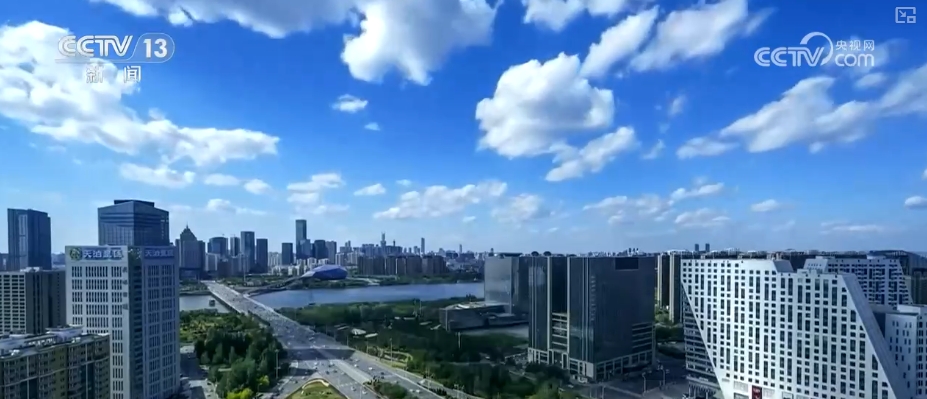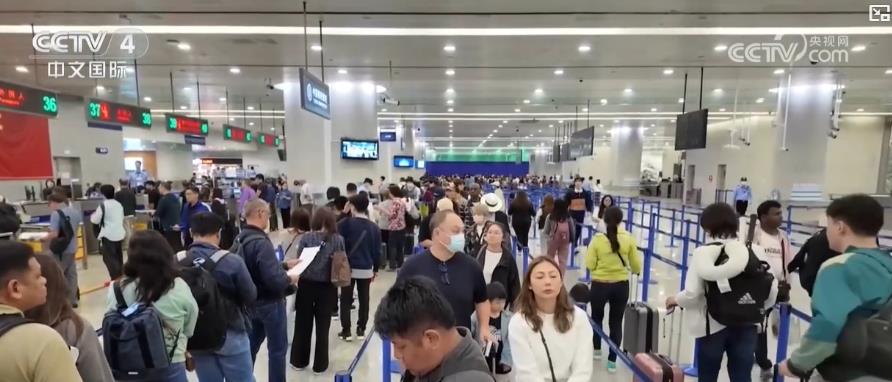Under the guidance of more active fiscal policy, although fiscal revenue was under pressure in the first quarter of this year, the intensity and progress of fiscal expenditure were both improved. Data from the Ministry of Finance showed that in the first quarter, the general public budget revenue fell by 1.1% year-on-year, but expenditure increased by 4.2%; the government fund budget revenue decreased by 11% year-on-year, but expenditure increased by 11.1%; the general public budget completed 24.5% of the annual expenditure progress, higher than the average level in the past five years. From a structural perspective, social security and employment expenditure increased by 7.9% in the first quarter and education expenditure increased by 7.8%, and the growth rate of expenditure in key areas far exceeded the overall level. It can be seen that under the trend of tight fiscal balance, there is a clear trend of actively taking forward fiscal efforts, and investment in key areas has not diminished.
The expenditure intensity and rapid progress in the first quarter of this year reflect the orientation of more active fiscal policy and taking the initiative to make efforts, and effectively promote the new and positive economic development. GDP grew by 5.4% year-on-year in the first quarter, consumer investment continued to improve, employment situation was generally stable, and new quality productivity grew and strengthened. Among them, large-scale equipment renewal and consumer goods trade-in policies continued to be effective. In the first quarter, the total retail sales of consumer goods increased by 4.6% year-on-year, and investment in equipment and tools purchases increased by 19% year-on-year. In terms of investment, fixed asset investment in the first quarter increased by 4.2% year-on-year, an accelerated by 1 percentage point over the previous year. Among them, infrastructure investment increased by 5.8%, manufacturing investment increased by 9.1%, and high-tech industry investment increased by 6.5%. In addition, the three major indexes of China Purchasing Managers Index continue to rise in the expansion range, and social confidence continues to boost. These positive changes are conducive to the expansion of production and demand, providing momentum for the start of the economy, and promoting structural optimization, helping to achieve "stable growth of quantity" and "fast improvement of quality".
It should also be noted that the current economic operation still faces many difficulties and challenges. The impact of domestic and international environmental changes will continue to be transmitted to the finance department, and the contradiction between income and expenditure is still prominent. The external environment is becoming more complex and severe, which may have an impact on my country's trade and other fields; there are still insufficient effective demand in China, especially challenges such as sluggish consumption, production and operation difficulties of some enterprises, and pressure on people's employment and income growth. Against the backdrop of increasing uncertainties, fiscal policy must strengthen its countercyclical regulation, especially to continue to increase the intensity of expenditure and accelerate expenditure progress, so that the policy can maximize its effectiveness. To this end, the deficit ratio reached 4% this year and the new government bonds were 11.86 trillion yuan, both of which set record highs. From the budget perspective, the general public budget revenue is expected to grow by 0.1% this year, but expenditures are increased by 4.4%; the government fund budget revenue is expected to grow by 0.7%, but expenditures are increased by 23.1%, which reflects that although fiscal revenue is growing at a slow pace, the intensity of expenditure must be ensured through resource coordination. At the same time, we should fully consider the timely implementation of policies, take the initiative to make efforts, and speed up the progress of expenditure. This is not only conducive to forming actual expenditures as soon as possible, driving more social investment, enhancing the momentum of economic development and improving people's livelihood, but also helping to improve capital efficiency and avoid problems such as "funding and other projects" and "sudden spending of money" at the end of the year.
In the next step, we still need to make good use of policy space, continue to increase expenditure intensity, optimize expenditure structure, and launch a "combination punch" of policies. We must continue to strengthen financial support for expanding domestic demand, building a modern industrial system, ensuring and improving people's livelihood, urban-rural regional integrated development, and ecological civilization construction, and effectively use the "real money" on the edge and spend it on important places. For example, this year, it plans to issue 1.3 trillion yuan of ultra-long-term special treasury bonds, and it will support the "two-fold" and "two-new" policies with greater strength, and the driving effect may hit a new high. For example, in 2025, the central government will allocate 11.88 billion yuan for special funds for industrial base reconstruction and high-quality development of manufacturing, a growth of 14.5%. In addition, we will thoroughly implement various supportive policies, continue to implement a package of debt policies for local governments, and take multiple measures to help enterprises in need, such as accelerating the resolution of defaulted corporate accounts and strengthening financing support.
Firstly make efforts to promote the implementation of established policies as soon as possible. Active fiscal policy implementation should seize time with various uncertainties, accelerate the economic "acceleration" and fully prepare sufficient plans to reserve space for policy adjustments. On the one hand, we must accelerate the issuance and use of local government special bonds, ultra-long-term special treasury bonds, etc. On the other hand, through measures such as "self-review and spontaneous" special bond pilot, improving zero-based budgets, strengthening high-quality project reserves, optimizing budget execution progress scheduling and supervision, make good use of the allocated funds and policies that have been issued to enable them to generate benefits as soon as possible. Of course, we must not only spend money in a timely manner, but also spend it well, effectively increase the performance management of the entire life cycle of the budget, improve the efficiency of funds, and free up more funds for development needs and people's livelihood hopes.
(Author: Ji Fuxing The author is a professor and doctoral supervisor at the University of the Chinese Academy of Social Sciences)



